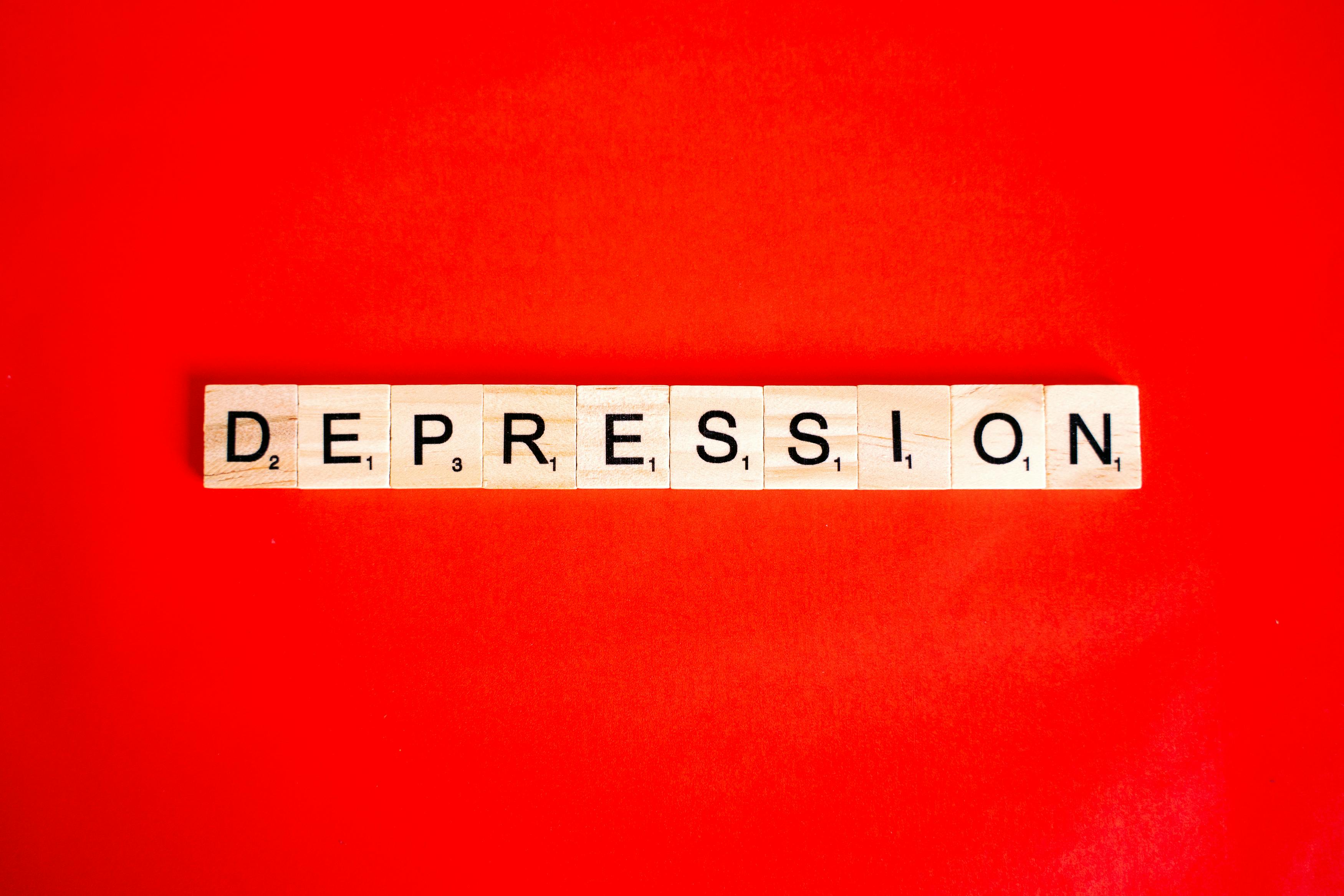We’ve all heard it before, right? That childhood experiences mold us into who we are as adults. But those who’ve felt the heavy shadows of childhood trauma—it sticks with you in unseen ways. Yeah, it’s heavy stuff. Let’s not sugarcoat it. Nearly 70% of U.S. adults have weathered some sort of traumatic event. Yikes. And those wounds from childhood can be defiant, affecting everything from how we handle emotions to our relationships, and even just our day-to-day sanity. For anyone looking to heal and move towards a healthier mindset, it’s vital—no, absolutely essential—to understand how to tackle those old wounds.
Table of Contents
- Understanding Childhood Trauma
- Mental Health Coaching: A Path to Healing
- Techniques to Manage Trauma Symptoms
- Rebuilding Your Life After Trauma
- The Role of Lifestyle in Overcoming Trauma
Understanding Childhood Trauma
So, what are we really talking about when we say “childhood trauma”? It’s a mixed bag of experiences—physical, emotional, or sexual abuse; neglect; bullying; or, like watching violence firsthand. This stuff messes with development and leads to stress that just… doesn’t quit. The American Journal of Psychiatry chimes in, pointing out that these early traumas can seriously mess up brain development, leading to conditions like anxiety, depression, or PTSD. Which reminds me—this is why we gotta address it, right?
Mental Health Coaching: A Path to Healing
Many folks looking to move past childhood trauma find solace—and progress—with mental health coaching. Sound good? Here are some tips, straight from the expertise of those coaches:
1. Acknowledge and Accept Your Trauma
First things first: admit it happened. Accept its impact. It’s not fun, but necessary—a brutal step towards progress. Seriously. It’s not about nodding like you agree with what happened to you; it’s about recognizing it’s part of your story. The Journal of Traumatic Stress practically shouts this message from the rooftops: acknowledging trauma is a pivotal piece of healing.
2. Practice Self-Compassion
This one’s a biggie: self-compassion. Treating yourself kindly? Sounds simple, but it’s not always easy. We’re often harder on ourselves than we’d ever dream of being on others. Studies in the Journal of Clinical Psychology show that folks with self-compassion experience way fewer PTSD symptoms. And mental health coaches? They guide you in building this kindness through mindfulness and affirmations.
3. Establish a Support Network
No one—absolutely no one—should go through this alone. Friends, family, support groups—those are your people. The Journal of Aggression, Maltreatment & Trauma says that social support is like a buffer, protecting against the harsh effects of trauma. Coaches help you pinpoint and build this essential circle of support.
Techniques to Manage Trauma Symptoms
Managing the leftovers of childhood trauma isn’t a one-and-done deal—it’s ongoing. Here are a few recommended techniques:
1. Mindfulness and Meditation
It sounds cliché, but staying “present” through mindfulness can genuinely ease stress and help with emotional management. I kid you not. A study in the Journal of Traumatic Stress backs this up, showing that mindfulness practices can cut trauma symptoms significantly. Deep breaths, anyone?
2. Cognitive Behavioral Therapy (CBT)
Ah, CBT—a therapy classic. It’s all about reshaping those negative thought loops that like to haunt your mind. For folks grappling with anxiety or depression due to childhood stuff, CBT can be a game-changer. The Cognitive Therapy and Research Journal sings its praises.
Rebuilding Your Life After Trauma
Healing from childhood trauma doesn’t stop at symptom management. It’s about creating the life you want. Here’s what mental health coaches suggest:
1. Set Realistic Goals
Start small. Hit a goal, then go on to the next. It builds confidence like you wouldn’t believe. The Journal of Happiness Studies links goal-setting with a happier, more satisfying life—a must in recovering from trauma’s grip.
2. Foster Resilience
Bounce back-ability—resilience—is key. You’ve got strengths and lessons from the past to draw on. I mean, according to the Journal of Adolescent Health, resilience isn’t just helpful—it’s crucial for mental health when overcoming childhood trauma.
The Role of Lifestyle in Overcoming Trauma
Seems like everyone and their dog tells you about exercise and diet when it comes to health. But there’s a reason, trust me. Lifestyle choices really do matter.
1. Exercise Regularly
Exercise is a mood booster, stress buster, and just generally good for mental wellness. Crazy as it sounds, Psychological Medicine points out that exercise can rival therapy in lessening depression and anxiety—often linked to childhood trauma.
2. Maintain a Healthy Diet
What you eat affects how you feel—simple as that. A diet rich in the good stuff (fruits, veggies, whole grains) can lift your mood and energy. The Journal of Health Psychology delves into how diet plays a role in mental health and trauma recovery.
Wrapping it all up
Conquering childhood trauma isn’t some quick, easy checklist. It’s tortuous but possible. Admit the past, show yourself some love, and use effective strategies. Mental health coaches? They’ve got insights to guide you in managing symptoms and finding personal growth. Remember, healing is a personal affair—it’s a marathon, not a sprint—but with grit and some solid support, those childhood shadows don’t stand a chance.
Feeling ready to make that next step in your healing journey? Discover personalized mental health coaching with Hapday and start reclaiming your life today!

